Testosterone is an essential hormone for men. It is not only linked to physical strength and muscle development but also to energy, vitality, mood, and overall quality of life. However, factors such as stress, poor diet, lack of sleep, and aging can contribute to a decline in testosterone levels.
The good news is that certain foods contain nutrients capable of naturally supporting testosterone production, helping the body maintain a healthy balance. In this article, we will explore the main food groups that may help with this process, highlighting their benefits and how to include them in everyday meals.
1. Lean meats and high-quality proteins
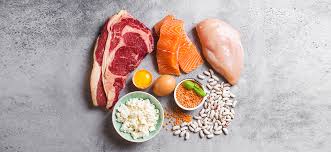
Protein is fundamental for hormone production and for repairing body tissues. Lean meats such as chicken, turkey, lean beef, and fish provide essential amino acids involved in hormone synthesis.
Additionally, lean red meats offer zinc — one of the most important minerals for stimulating natural testosterone. Zinc plays a direct role in hormone regulation, and its deficiency can result in reduced levels.
👉 Practical tip: Include lean cuts of beef two to three times per week and alternate with omega-3-rich fish like salmon, sardines, and tuna.
2. Eggs: the yolk as a nutrient source
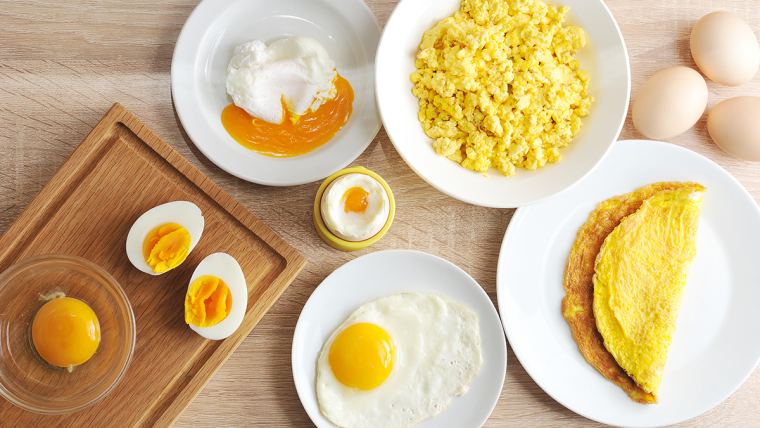
Eggs are among the most complete foods nutritionally. They provide high-quality proteins and essential vitamins, such as vitamin D, which is directly linked to testosterone production.
The yolk also contains “good” cholesterol, which serves as a precursor for hormone synthesis. Contrary to popular belief, moderate egg consumption does not harm cardiovascular health when part of a balanced diet.
👉 Practical tip: Eating 1 to 2 eggs a day, boiled or scrambled, can bring benefits without excessive calories.
3. Nuts and seeds
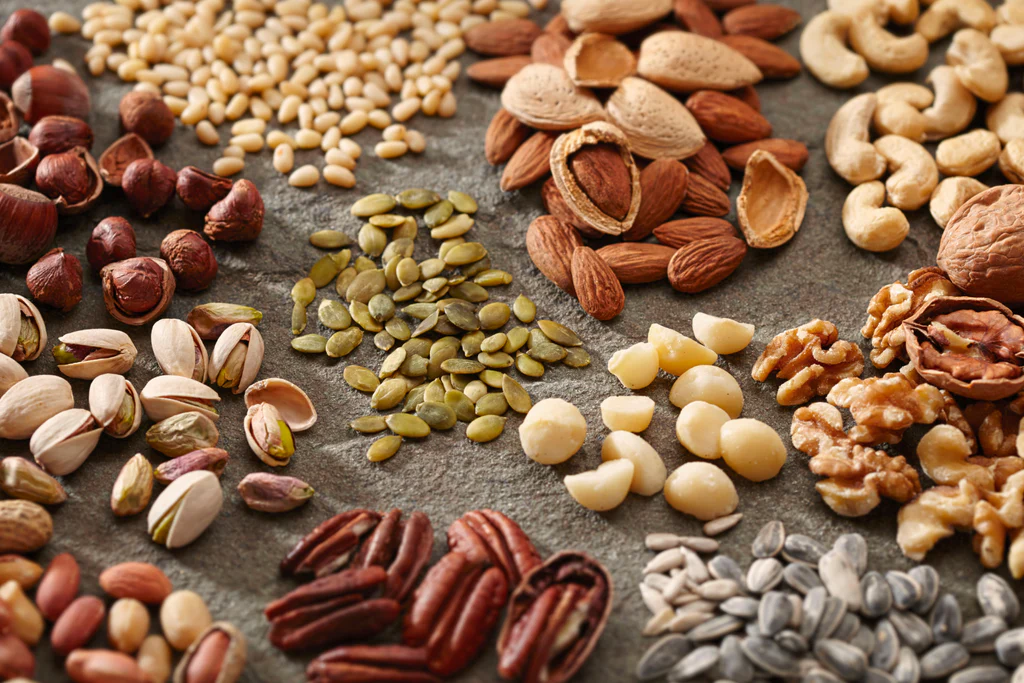
Cashews, almonds, walnuts, pumpkin seeds, and sunflower seeds are excellent sources of healthy fats, minerals, and antioxidants. Pumpkin seeds, in particular, are rich in zinc, while walnuts and almonds provide magnesium — another key mineral for hormonal regulation.
These foods also help reduce inflammation in the body, which, when excessive, may interfere with testosterone production.
👉 Practical tip: A handful (about 30 g) of nuts or seeds daily is enough to support hormonal health.
4. Antioxidant-rich fruits
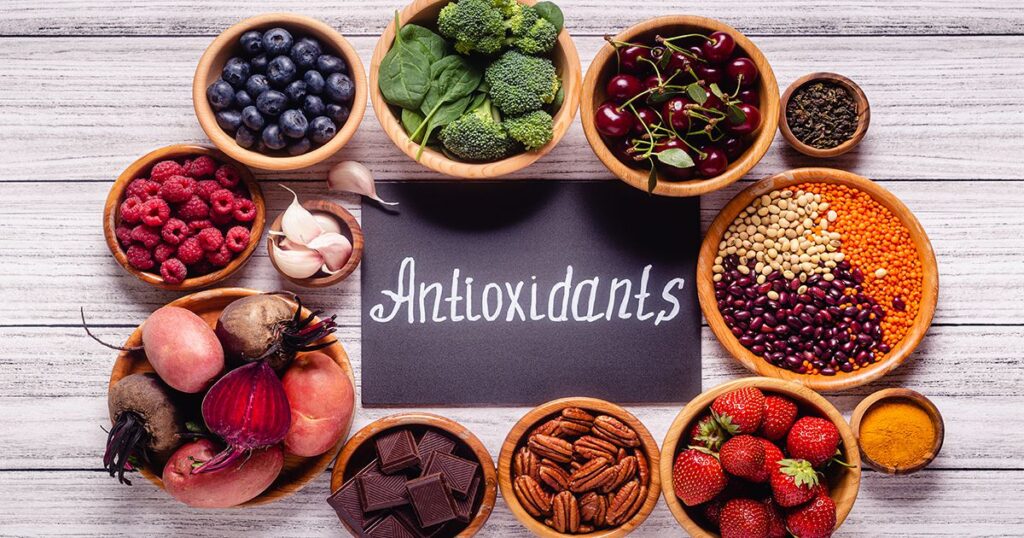
Fruits like pomegranate, grapes, avocado, and citrus fruits help fight oxidative stress, which can lower testosterone levels. Avocado, in particular, contains healthy fats and vitamin E, associated with protecting the cells involved in hormone synthesis.
Pomegranate has also been studied for its positive effects on male vitality, showing potential to improve circulation and energy levels.
👉 Practical tip: Include one serving of berries or citrus fruits daily, alternating varieties to gain different antioxidants.
5. Cruciferous vegetables
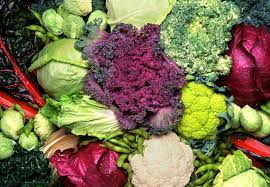
Broccoli, kale, cauliflower, and cabbage contain compounds called indoles, which help the body maintain a healthy balance between male and female hormones. These vegetables reduce excess estrogen in the body, favoring more stable testosterone levels.
👉 Practical tip: Try adding broccoli or kale to meals at least three times per week, whether at lunch or dinner.
6. Omega-3-rich fish
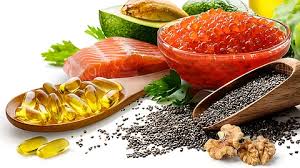
Fish such as salmon, sardines, and mackerel provide omega-3 fatty acids, which reduce inflammation, improve circulation, and help maintain healthy hormone levels.
They are also sources of vitamin D, which is directly connected to men’s health. Low vitamin D levels are often linked to reduced testosterone.
👉 Practical tip: If possible, eat fatty fish at least twice per week.
7. Foods rich in vitamin D and zinc
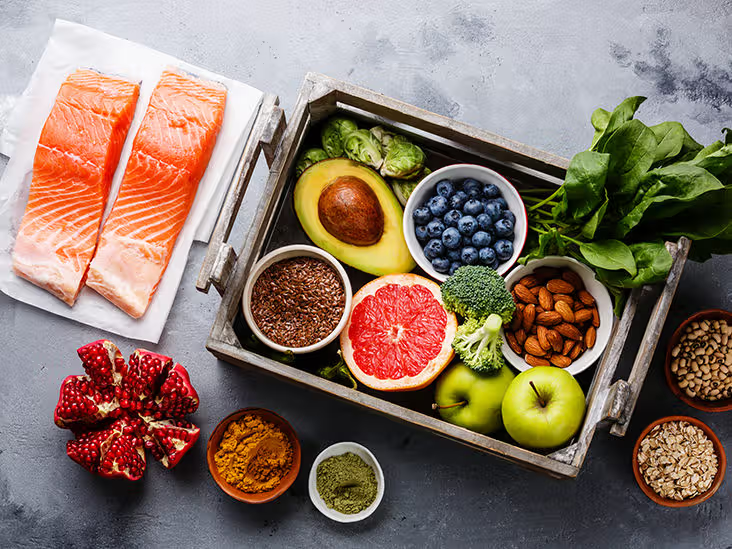
Two of the most important nutrients for testosterone production are vitamin D and zinc. In addition to the sources already mentioned (eggs, fish, meat, and seeds), we can also highlight:
- Mushrooms: some types provide vitamin D.
- Cheese and dairy products: especially those not ultra-processed, offering calcium and vitamin D.
- Oysters and shellfish: some of the richest natural sources of zinc.
👉 Practical tip: If it is not possible to get enough of these nutrients through diet alone, supplementation may be considered under professional guidance.
8. Spices that support vitality

Certain herbs and spices may also help:
- Ginger: improves circulation and has antioxidant properties.
- Garlic: contains allicin, which helps reduce stress and may positively influence hormone production.
- Turmeric (curcumin): helps control inflammation.
👉 Practical tip: Use these spices daily to season meals, prepare teas, or add to natural juices.
9. The role of hydration and moderation

Although many foods can support natural testosterone production, it is important to remember that balance is key. Excess alcohol, ultra-processed foods, and refined sugars can significantly reduce hormone production.
Proper hydration is also crucial: water is involved in nearly every function of the body, including the activity of endocrine glands.
👉 Practical tip: Choose water as your main drink and avoid sodas and processed beverages.
Conclusion
Boosting testosterone naturally depends on a combination of factors: diet, quality sleep, regular physical activity, and stress management. However, food plays a central role in this process, as it provides the nutrients necessary for hormone synthesis.
Including lean meats, eggs, nuts, antioxidant-rich fruits, cruciferous vegetables, omega-3-rich fish, foods rich in vitamin D and zinc, as well as natural spices, can help men maintain healthy testosterone levels and, consequently, more energy, vitality, and well-being.
When building your plate each day, think not only of flavor but also of how nutrients can support your health and hormonal balance.
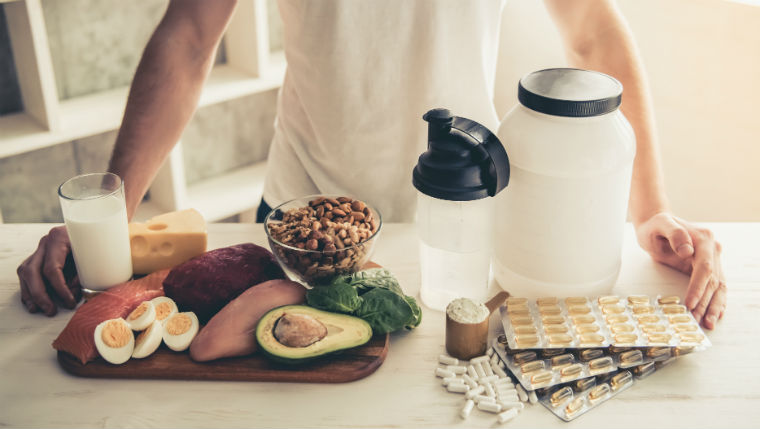
Deixe um comentário